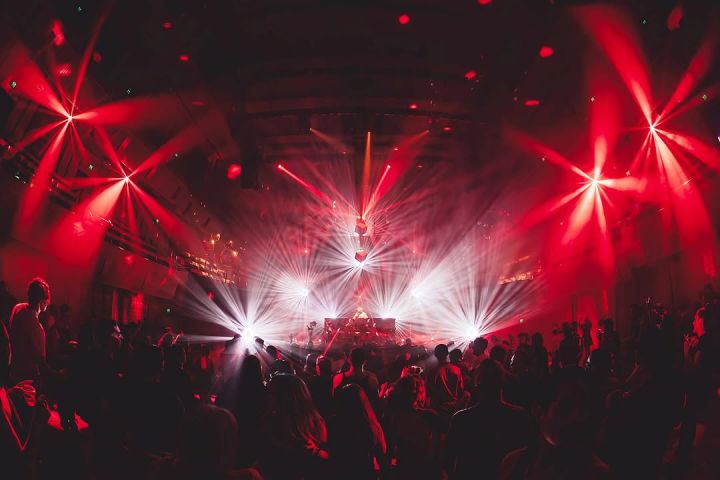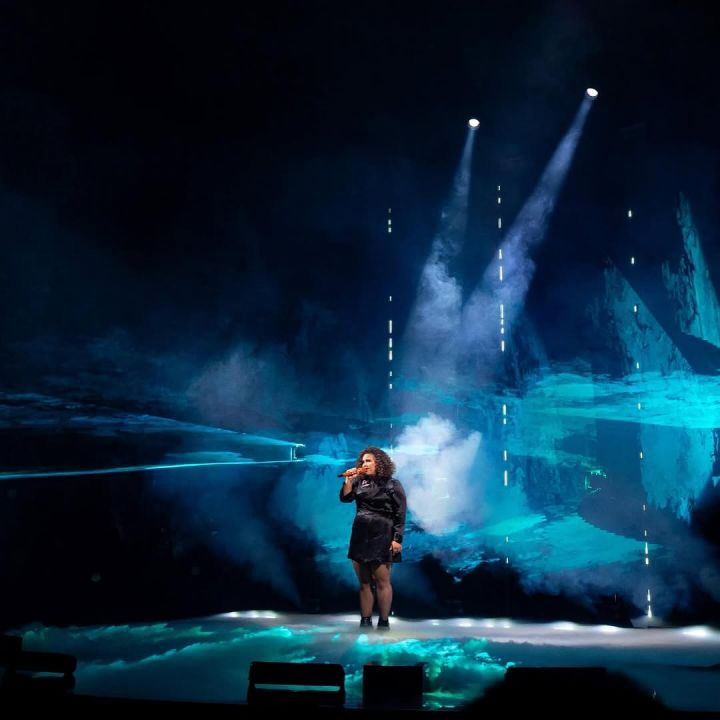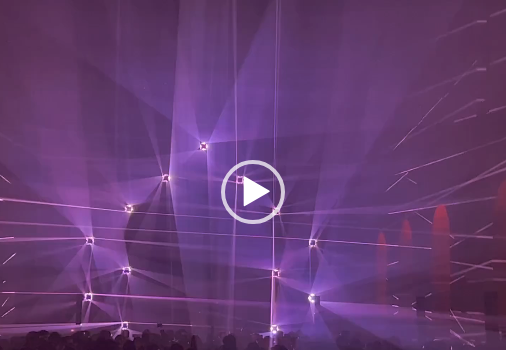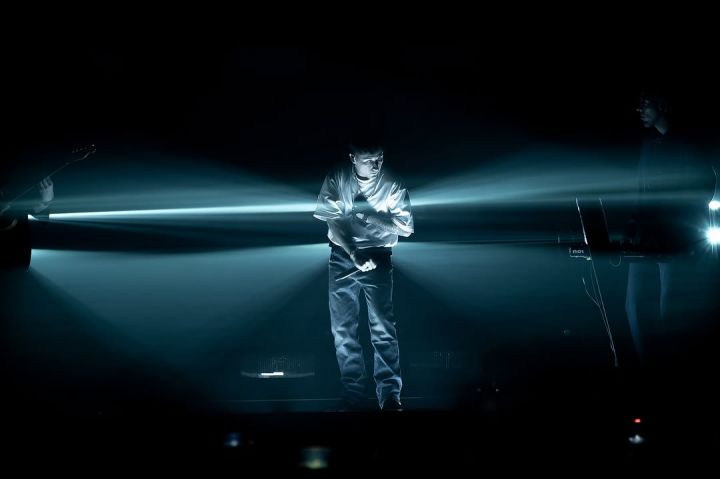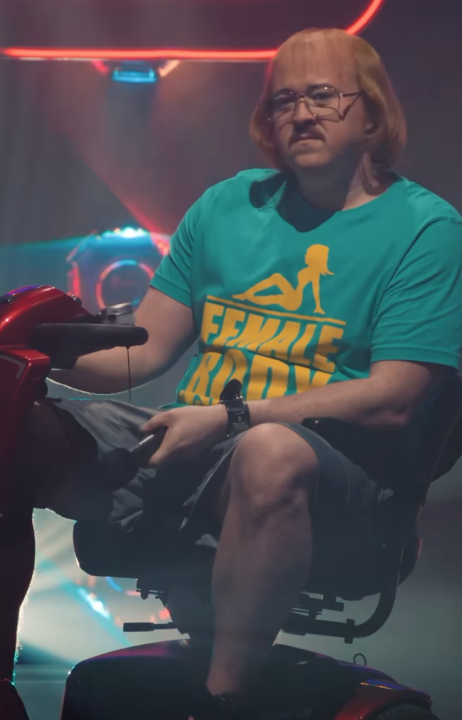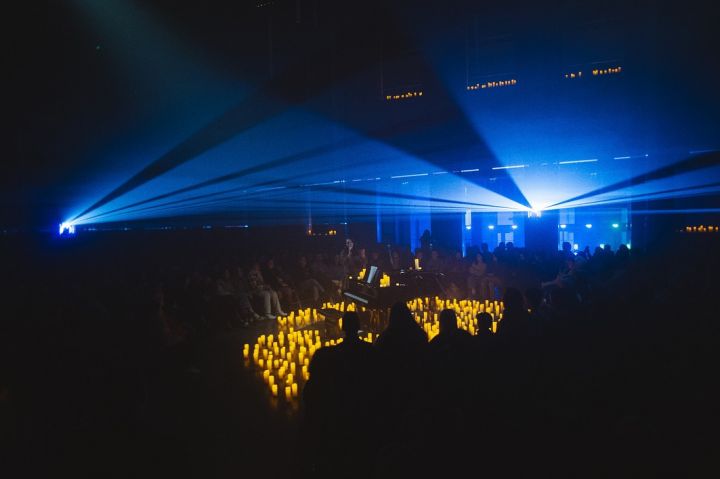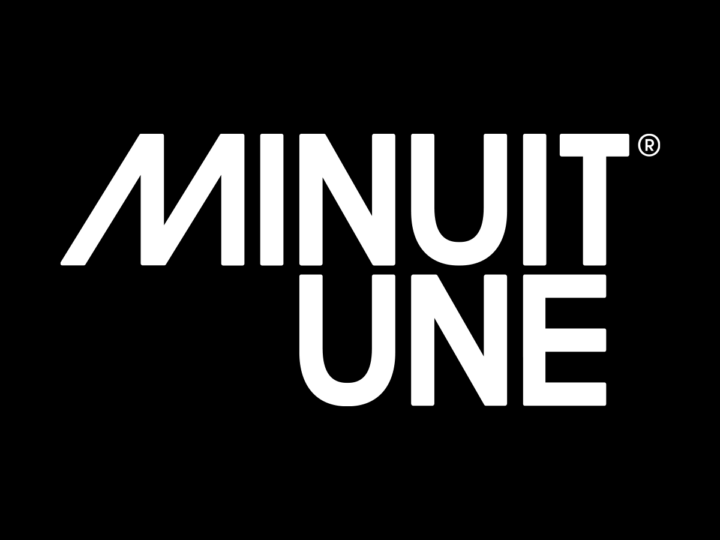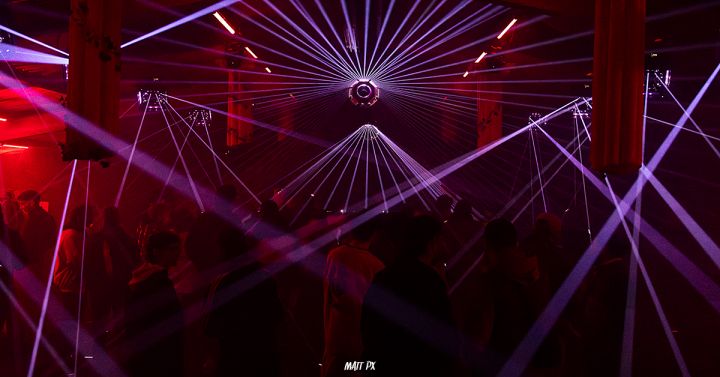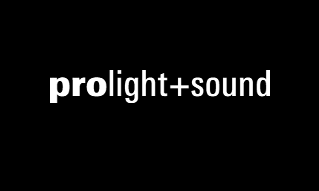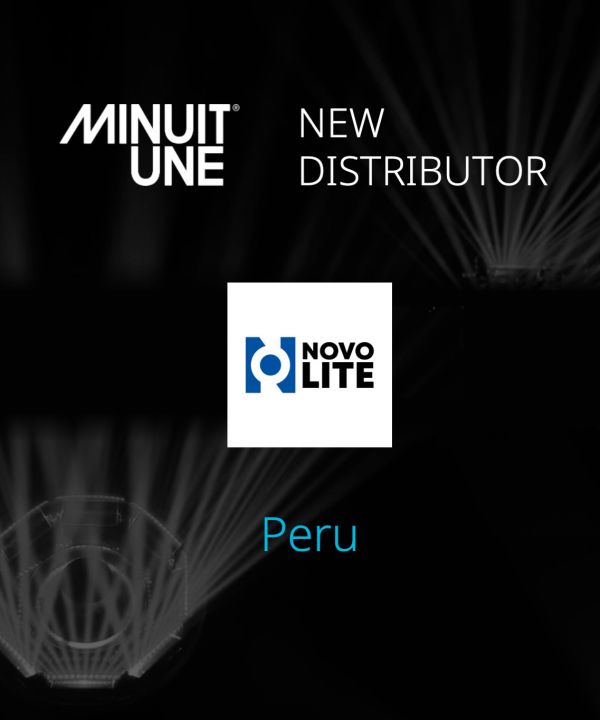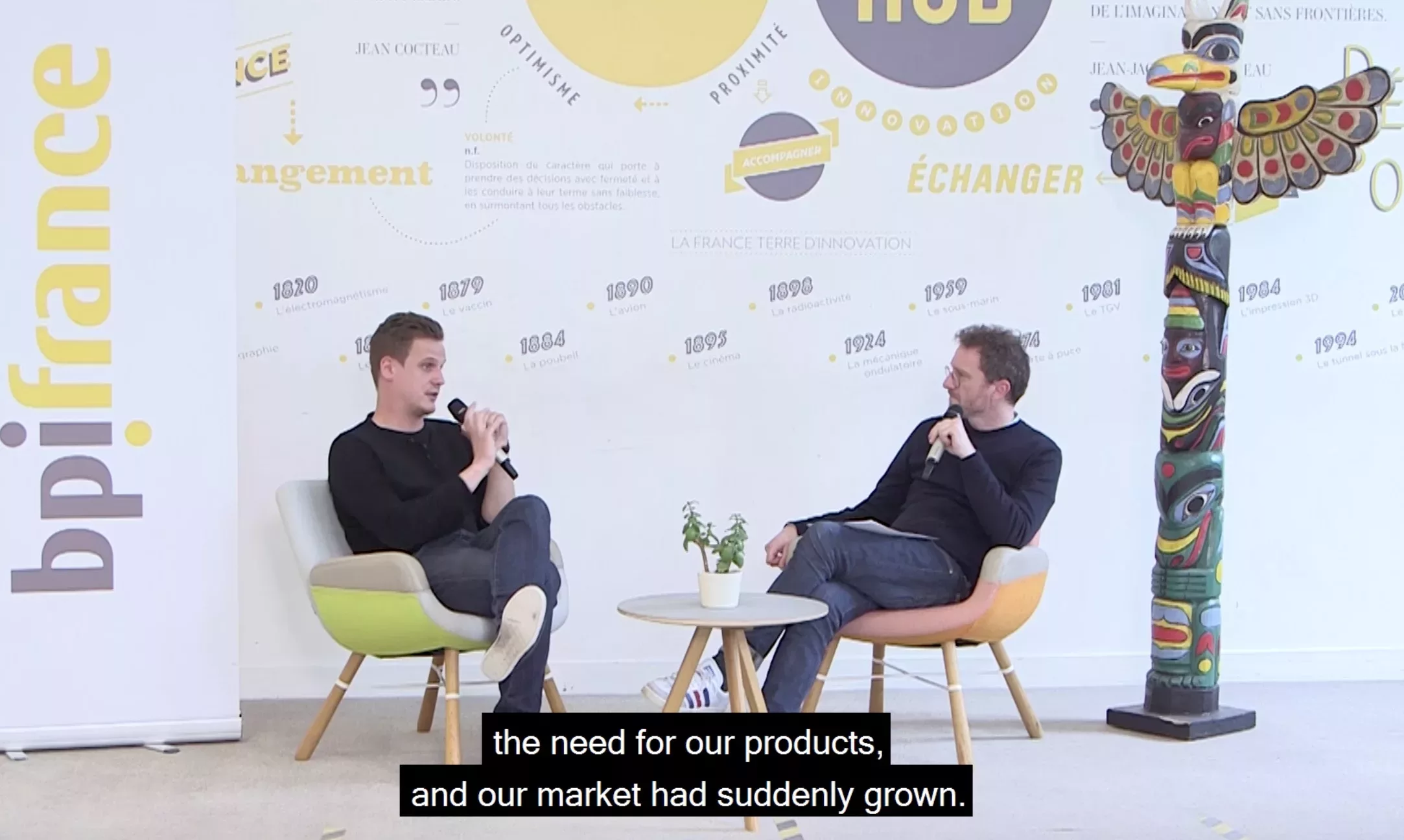
Minuit Une acclaimed by BPI France le Hub for its resilience and innovation capacity during the crisis.
Minuit Une has been selected by BPI France le Hub, (BPI is a French public investment bank) as one of the 4 promising companies that best handled the crisis due to their innovative mindset and resilience. Our CEO, Aurélien Linz, has been invited to share Minuit Une’s crisis experience during this special conference: How has Minuit Une come out on top of the crisis, and how is Minuit Une doing today driven by the rising need for lighting solutions that allow more creative productions with less fixture and fewer logistics, especially in mid-sized venues.
An interview of Aurélien Linz, Minuit Une’s CEO, by Thierry Keller, Chief Redactor at Usbek & Rica.
The video:
The interview in text :
Thierry Keller: Welcome Aurélien Linz. Aurélien, you have co-founded Minuit Une. In a certain way, you were the one, on paper anyway, who was the most impacted by the crisis, since you manufacture lighting fixtures for the entertainment sector. It is not that there were fewer concerts, there weren’t any concerts at all.
How did you do it? How are you still alive today? Well, now we are at a moment when soon, very, very soon, we will be able to go back to concerts, there has already been some test concerts, not in France but overseas. What happened that day? How did you take advantage of the past year to implement change, to develop…?
Aurélien Linz: We are a manufacturer of lighting fixtures for the entertainment sector. What does it mean?
It means that primarily, our clients are the entertainment sector, and this sector is at a complete stop.
Thierry Keller: You mean the production companies, venues?
Aurélien Linz: Mostly concerts, theatres, events.
So, all our clients are at a full stop. We know very well that the start of the first concerts will not mean that the investment cycle will back to normal. We will have to wait some more. As manufacturers, we are also faced with the engineering side. A supply chain crisis makes electronic components very rare.I think we’ve hit the crisis jackpot.
Then comes this moment: we actually felt the crisis coming very early. In January 2020 we had few orders to ship, one to the US for March. Our products are made in France, but our diode supplier is in China He closes due to Covid in January 2020. So, in January we start to understand the situation.
Thierry Keller: If we had wanted to know what was going to happen, we should have interviewed you!
Aurélien Linz: We were lucky to understand early what was going on. So, we reacted very, very early. We implemented the partial activity at the end of February, beginning of March. We had already cut back on most of our budget. So, at this moment, we’re left wondering: what do we do now?
Thierry Keller: Are there many of you in your team at that time?
Aurélien Linz: About 14/15 people. Now, we’re down to a dozen, as 2 people moved away, and we chose not to renew their positions.So, we are developing a new type of stage lights allowing the creation of more immersive, more impacting shows, with less logistics, less fixtures. That if we were to use mono-directional fixtures, especially in mid-sized venues.
Thierry Keller: A mid-size venue, do you mean between 500 to 2000/3000 people?
Aurélien Linz: Yes, It does not mean that we can’t use our projectors somewhere else, but it truly is our core target: venues between 500 and 2000 people.
At this time, we asked ourselves some questions: what just changed? The specifiers that are usually not available most of the time because they’re actually out on tour: the light designers, the light operators. And some distributors, as we work a lot internationally. (Before the crisis, we were working 80% internationally)
It’s not always easy to reach them. But a next generation technology requires a bit of education. So our first thought was: Everyone is available. Everyone is free. No one can say: “I’m on tour.” So we said ok let’s go, let’s call everyone.
Thierry Keller: It’s an entire sector that’s at a stop, it’s undeniable.
Aurélien Linz: Our world just stopped. So, we started calling everyone. And two things happened.
The first one, is that we refreshed our way of introducing our lighting products. That’s to say that before the Covid, a product demo was physical, real.By making lights, we’re creating an experience, it needs to be felt. And no one imagined a demo any differently. So, we upgrade the set up of our showroom. We moved onto a multi-camera streaming method, and we try to present as best as possible our products through screens. In a certain way, in front of us, our viewers don’t have any other choice. They too are stuck at home. So finally, we have very quickly developed online demos.
A year after, we have done more than 500 remote demos, internationally. It may not seem like much, but with a selected choice of specifiers it is a lot.
In April, May, we are calling the producers, and we realize that, the need we had identified in 2013/2014 when we developed the technology, has just grown suddenly. At this time we noticed, there are wonderful light designs in Arena, but it is harder to achieve immersion and perspectives with 30 to 40 classic lighting fixtures let’s say. We developed our products so that 4/5 units of our products are able to bring immersion and perspectives to a show. So, we have a great show with 4/5 units instead of 30 or more. The savings are very interesting.
But just before Covid, the approach was – and we weren’t the only industry with this approach “more is better”. The more lights, the better. All of a sudden, members of our industry are saying:
“the next challenge is : How can we preserve the audience’s experience when we’re going to work with more constraints?” More constraints, meaning fewer lighting fixtures because of reduced budgets.
Thierry Keller: Was there always really this race towards always gigantic shows?
Aurélien Linz: We see it clearly. Lately once again venues were getting bigger and bigger. Shows were growing larger. There was more and more equipment. A report just came out: “the Shift Project”, advocating the shift to a post-carbon economy in the entire world, in all industries. Just recently the report came out on the Entertainment world. And it says:
If you divide the capacity by 10, of the very large arenas, as Stade de France with its 80,000 people capacity, if we divide it by 10, we reduce the carbon impact by 30. So, if before, what carried our industry’s growth was “always bigger”, now what will bring the growth will be more mid-sized productions.
That’s when we understood that this crisis has accelerated the need for our products, and our market had suddenly grown. What we envisioned in 4 to 5 years, finally happened overnight. And this is just one example, among others.
Thierry Keller: It’s crazy: We don’t expect a full stop in your business to be able to make your pitch fit so perfectly with reality.
Aurélien Linz: In the end, we are in a sector that works very well and in which everyone was meant to have a great 2020. There was an ever-growing number of venues. In France there is a large choice of very recent concert venues which were built in the last couple of years.
When everything is fine, why would we change our habits? Our very innovative concept is asking for a change of habits in a certain way. And suddenly the sector is dealing with more constraints.
There are two things. First, there is a budget constraint. How can we preserve the experience with less money? And now the rise of voluntary logistical constraints. There is a part of the actors, which is doubling or even tripling, who, voluntarily, are saying: “if we can tour with 2 trucks instead of 3, let’s do it, because we will reduce our carbon footprint.” We can clearly feel it. Today, more and more of our client’s first question is, “what is the power consumption of your products?”
Thierry Keller: Was it a discourse that you had before, but had set it aside as it wasn’t the right time?
Aurélien Linz: We had it before indeed, and people were listening.Our pitch worked enough for our development. it worked very well especially in small to mid-sized tours because they were already used to dealing with small budgets. They were not able to tour with three to four trucks. So, they were already saying “What is the best I can do with just one trailer?” And in that case, we are the best ratio.
Thierry Keller: Can you describe what your product is?
Aurélien Linz: To better explain what our lighting fixture is, let’s take one unit: One unit is already an immersive 3D experience. With a classic fixture, to create perspective or immersion, you would need 20 to 30 beams.
That is the true difference. One product is already an experience.
Thierry Keller: So, you mentioned earlier, there were two crises. First, the entertainment sector came to a full stop. Then the supply chain crisis. How was this resolved, or has it been resolved?
Aurélien Linz: No, not yet. it concerns certain micro-processors. Some suppliers are calling us saying: “Hi I’m extending my delivery time from 16 to 28 weeks.” And I know some companies who had delays of 52 weeks. On top of that, freight costs have also risen, etc. We are handling all this; we try to anticipate and tell our clients to also try to anticipate as best as possible.
Today, we have maintained our investment budget by making a lot of spending cuts during the crisis. So we are able to anticipate. We have managed to go through the crisis while developing a new product that we will launch in September. We have started showing, confidentially to our closest clients and partners, of course. We have managed to invest for the launch of this product that perfectly answers the challenges of more experience, lower logistics. We now have a full order book. And we are lucky to be in a position where we have to handle production problems. Like any other industrial company at this time. But let’s say those are good problems, as at least, we know there is orders.
Thierry Keller: Hopefully, there won’t be another lockdown, there should not be any new surprises? Are we talking about a slow but steady recovery?
Aurélien Linz: Whether it’s professionally or personally, I would much prefer no restart of the Covid!
Nowadays we essentially work internationally, and thanks to the availability of our distributors and to our innovation, we were able to open during this crisis, a dozen new markets.
We’re talking about Canada, the UK, Estonia, Israel, Ukraine, Denmark, and we are currently in talks with about twenty others in South America and Asia. So, we are hoping that if there is another slowdown, somewhere, that it is not everywhere at once. We can work that way.
I believe, in my opinion, that we are on the right track for recovery. Everyone will recover, not all at once, of course, but we see it today.
Thierry Keller: So, I am receiving a question: “Some studies show that some consumers, and it goes with what you were saying, some consumers have taken advantage of this crisis to adopt new ways of life, healthier and more respectful of the environment. Will Minuit Une’s clients use these lights as a commercial argument? There is indeed a ripple effect, independently from the fact that we all want to go back to concerts, and by the way I also believe that Minuit Une was created because you were a bunch of friends, going to concerts, and said, “it can be better”
Aurélien Linz: The idea was born during a concert indeed.
Thierry Keller: We immediately think of Daft Punk, Coachella with all its LED… But can it be an argument for venues, event promoters, to say, “look at me, I have more eco-friendly equipment, optimised better”?
Aurélien Linz: Regarding Daft Punk, too bad, I would have loved to see them use our fixtures. If they hear me!
Otherwise, yes we are already feeling it now. There are a growing number of producers for which the first question is always regarding the product’s power consumption. For them it is starting to become nearly imperative. Now, I believe our products deserve to be known since they are so impactful. The audience is noticing.
We are from around Paris, we are based in Montreuil. So, it’s in Paris that we are the most knows. We know that there is a part of the audience that recognizes our fixtures and knows when they are being used. We are hearing these stories. We are hoping to develop this brand awareness on an international scale. I think it is in the producers’ best interest to make it known of course, as more and more consumers will be ready to listen. I also believe that it is an interesting challenge to look not only at the quality of a show, but also the logistical aspect behind it: not only the finished result, but how did we get there.
Thierry Keller: I believe there is a growing need also for more transparency, to really look into the back kitchen to see how the food is made.
Aurélien Linz: It will not be everyone, tomorrow, who all of a sudden are going to change their habits. But we all had time to think, we all thought: actually, if we don’t change now, when are we going to? It’s our theory. There is a French idiom, “A bad for a good”. The bad, we’ve already felt it, we know where it was. Let’s go look for the good now.
Thierry Keller: And for my final question, isn’t there the idea that we can combine a certain way of life, the proverbial hedonism, to go back to partying while being responsible and more ethical?
Aurélien Linz: This study proves it. If we were to reduce the venue capacity, it would even be beneficial for employment. Why would it be beneficial for the employment? Because it would mean more mid-sized events. And in the end, why were events always growing larger? Because it is where we can push, sometimes too far. But if we have mostly mid-size events, the studies show that it will create more jobs. And if those mid-sized events use our products, it will create more experiences, so let’s go.
Thierry Keller: So, a win-win situation. Thank you very much. By the way, I will mention to whomever is watching, that on your website, there are many very beautiful videos. They are not in 3D, it’s not immersive, we’re not in the showroom, but it’s still very beautiful. When would be the next concert? I feel like interviewing a touring rockstar! When’s the next concert?
Aurélien Linz: I don’t know. I know it is starting back slowly. We’ve had some small events, last weekend in Canada, there was a show in the US. A TV show called the Latin American Awards. It is coming back, we can feel it.
Thierry Keller: Very cool. Thank you very much.
